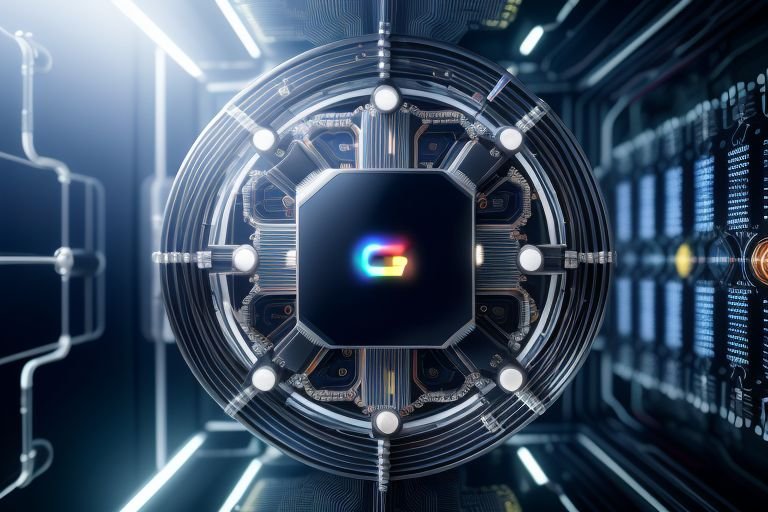Google has revealed a major breakthrough in quantum computing, a major step forward in error correction that might open the way to practical large-scale quantum computers. The recent publication in the Nature journal demonstrates that Google has achieved an incredible level of error suppression in quantum computations which is one of the main concerns in the field of quantum computing.
Quantum computers, which are based on the principles of quantum mechanics, have been considered for years as capable of solving problems that are beyond the reach of classical computers. However, the quantum systems are very fragile and that is why it has been challenging to control the environment so as to achieve the necessary stability for computations. Google’s latest accomplishment can thus be seen as a significant milestone in the effort to surmount this challenge.
The research team at Google Quantum AI employed a method known as surface code error correction that entailed partitioning of quantum information across numerous physical qubits to devise more resilient logical qubits. When the same method was applied to their Sycamore quantum processor, the team proved that logical error rates decrease as the number of physical qubits is scaled. This scalability is the signal of the future possibilities of constructing even larger and more powerful quantum systems.
That is why the consequences of this discovery are extremely significant. Better error correction may provide a boost to fields that could be advanced by quantum computing such as drug development, material science and encryption. For example, more stable quantum systems could provide the necessary tools for simulating various molecular interactions that could significantly transform the creating process of new medications and materials with required characteristics.
That’s why Google’s achievement has been welcomed in the scientific community with many experts considering it a breakthrough in the practical realization of quantum computers. Dr. John Martinis of Google researcher and quantum computing remarked the result as “a major step forward” that “opens up a new possibility for quantum error correction and fault-tolerant quantum computation”.
The tech giant has achieved quantum error correction, and all this happen when there is stiff competition in the quantum computing market. IBM, Microsoft, and several other startups have been investing massively in quantum technology with each of them taking different strategies in developing quantum systems that can be scaled up. Google’s demonstration of improved error correction could be beneficial to the company especially in this fast growing area.
But researchers have pointed out that there is a long way to go in order to achieve a level where quantum computers can solve a myriad of real-world problems faster than classical computers. The current breakthrough, however, is only one of the problems that must be solved on the way to success. Some of the questions that are still under debate include the qubit coherence time, gate fidelity and quantum hardware architecture.
So, Google has set quite a clear strategy of its quantum computing project, which is to develop a fault-tolerant quantum computer by the end of the next ten years. The company feels that such a machine could revolutionize different industries ranging from supply chain to energy discovery.
The impact of quantum computing is expected to increase in the future with significant impact on the tech industry and the society at large. The fact that quantum computers are capable of breaking current cryptography algorithms has already given rise to the development of quantum resistant cryptography indicating that there is need for forward planning in order to deal with the security issues which are likely to arise from the use of quantum computers.
This is an important step forward in the field of quantum computing as Google has recently reported a new record in quantum error correction. With advancement in research in this area, there is hope that more advancement will be made to achieve the dream of having practical large scale quantum computers. The next few years will be quite interesting in terms of quantum technology as it opened the gates to new ways of computation and research.



